My world of reading and Jan Smuts
I am cursed with a passion for reading.
I was born in a time before my country allowed television. I was fortunate to have parents who read us stories when we were small children. My Dad in particular used to tell stories about “Jock of the Bushveld”, and I developed a love for stories. My Mother would read us stories from an illustrated children’s version of the Bible or from “Uncle Arthur”.
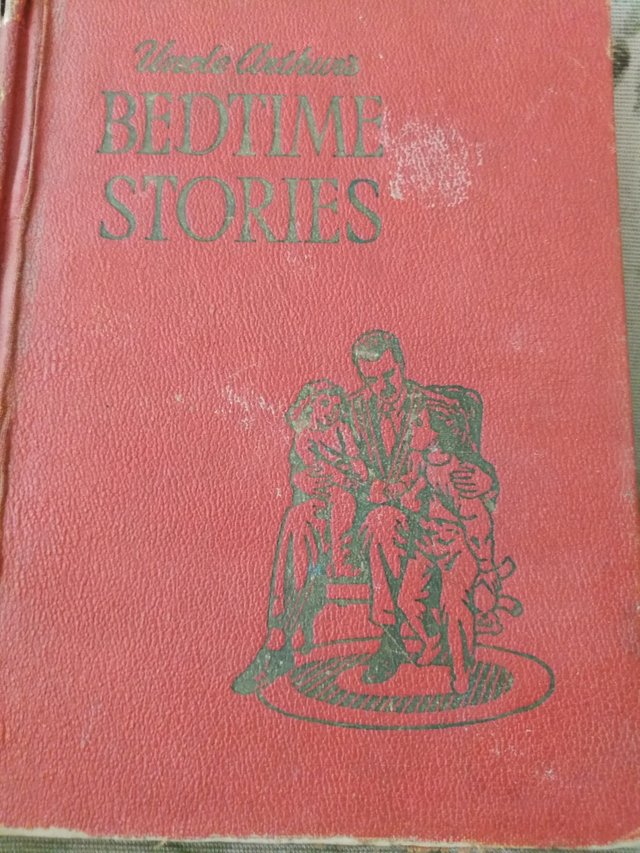
(still got one after all these years, my Dad bought several of them in 1962 for me)
My parents loved to read and every evening while in bed they would both be reading their own story books. My Dad and my Grandfather loved Westerns, an almost forgotten genre about the Wild West of America (cowboys and Indians), my Mother loved historical romance and detective stories. Of course there were many other books that they read too. Of course this inculcated a great desire in us children to learn to read from an early age.
At first my stories were from Enid Blyton, then the Hardy Boys, then Willard Price who wrote adventure animal stories where two brothers were the main characters. Then when about ten or eleven years old, I found out about geology. Very fascinating even though I was so young. Then army stories, then military history. Captain BH Liddell Hart was a British military theorist and soldier. In the East London library, I found a book of his entitled “A History of the Second World War”. I spent hours poring over the maps and arrows depicting advances of various armies. I was much impressed by the German general Erwin Rommel. The North African campaign was of great interest to me, even as a boy, because several members of my family had been involved in the war. My uncle Eric spoke extensively of it to a captivated audience of youngsters but my Grandpa Lofty never spoke of it.
Naturally my interest went from there to studying about the German military, then the Third Reich and its political ideology, the SS and the concentration camps with all their horror.
Even though I was introduced to science fiction by an English schoolteacher, Mr Keith Tankard, I have never lost my love for history.
When I was serving my two years’ military conscription, I spent six months in Windhoek. I joined the public library and read as much as I could. I can still remember reading various biographies about “The Iron Duke”, Napoleon, and continued to read of the many writings of the Soviet dissident Aleksandr Solzhenitsyn where he wrote about the Gulag prison camps. It was through his writings I read about Joseph Stalin, who made Hitler look like a beginner when it came to murdering millions of people.
I also read about Shaka, a Zulu warrior King who lived in the late 1700’s and early 1800’s. He greatly excited the imagination of a young boy. A grand old history teacher instilled a love in me for South African history. Shaka was a revolutionary warrior who military ideas led to the conquest and decimation many tribes to obtain large tracts of land in South Africa.
Against this background of incessant and intense reading, and also many stories from my father about the man Jan Smuts who loomed large in his childhood, teenage years and early adulthood. I was told of his towering intellect but also the animosity of many fellow Afrikaners against him. He was greatly admired in the British Empire for his contributions in both wars against Germany. It was his continued absence from South Africa that led to his eventual downfall in South African politics.
So the other day while wandering through a bookshop, I saw a book about the friendship between Smuts and Churchill. I was intrigued, I never even knew of such a thing as the title suggested. I had to buy the book, I had some money therefore I bought it. What else could I do?
I do have a problem, if I read a book, I want to own it. It MUST be mine! Generally, I don’t like to read a borrowed book, what if I want to read it again?
This has led to the following problem:
I won’t even show you what is in my garage, nor other places around the house where more can be found! Even the kitchen is piled up with cookbooks. My poor wife patiently puts up with her husband’s obsessive behaviour.
Recently I was given another treasure. My sister in law, Tanya is also an obsessive reader and she gave me about ten thousand e-books. At last I have been able to complete several collections of various authors.
Anyway back to the book I have just finished.
Jan Smuts – my view of a global but forgotten figure.
Smuts was a farm boy born in the late 1800’s in the Western Cape. His father did not think too much of this particular son of his. I noted that his mother was a woman who was unusually well educated for her times. He was only allowed to go to school when his eldest brother died. So he started school at 12 years of age in about 1882. He matriculated in 1896 and won a scholarship to Cambridge University. He was an exceptionally brilliant student. In fact, to quote from the book on a page 17 footnote “Smuts was one of Cambridge University’s best - ever law students. In 1970, Lord Todd, a Nobel Prize winner and Master of Christ’s college, said that in its 500-year history, three of the college’s members had been truly outstanding – John Milton, Charles Darwin and Jan Smuts.”
History is a curious thing; it creates so many stranger situations than any author could ever imagine. Take Smuts for example. First he admired the British Empire when a student, then was a bitter opponent during the Boer War then later once again became a convert to the imperial cause.
The first time he saw Winston Churchill was after Churchill was captured on a British military train during the Boer War (boer means farmer in Afrikaans). Churchill escaped back to Britain but he was sympathetic to the plight of the Boer. Kitchener was criticised by Churchill for burning farms, destroying livestock and herding the Boer women and children into concentration camps. Ironically a pattern the Nazi’s would follow against the Jews in World War Two. Smuts, who was the State Attorney for the Transvaal Republic, became a Boer General in charge of a commando towards the end of the war with Britain. He fought an epic campaign as he and his men travelled thousands of kilometres being hunted by about 70 000 British troops. He was a fearless leader, when he had a spare moment, he would read philosophy and from his New Testament in the Greek language. The point came when the Boers saw the futility of continuing hostilities against the British; 60 000 to 70 000 Boers against 450 000 British soldiers, the many deaths of their family members in the concentration camps and the unjust nature of the war, had made the Afrikaner nation in general, bitter enduring enemies of Britain.
This is what made Smuts and the then leader Louis Botha remarkable to my mind is that they sought a self-governing Transvaal under Britain as her ally, so soon after a bitter war. Smuts went to England to meet with the Liberal government members of whom Churchill was very sympathetic to Smuts. They seemed to friendship with each other, but the key for South African self-rule was granted when Smuts met with Prime Minister Campbell-Bannerman and found a man who could affect the desires of self-rule for the Afrikaner, only 4 years after the war had ended. This gave Smuts great admiration for the magnanimity of the British.
So Smuts was a pragmatist in terms of his politics; he knew what compromises were necessary to reach certain goals, the most important of which was the survival of Afrikaner nationhood. It seems like he was the prime architect for the formation of the Union of South Africa with the 4 provinces to be the Transvaal, Orange Free State, Natal and the Cape Province. Even back then, the issue of who would obtain the vote was a thorny issue. The Cape could retain the Coloured vote but the other 3 provinces would only allow the white vote. Opposing this was a courageous young Indian lawyer, Mohandas K Gandhi, was fighting for the Indian vote. It should be noted that the racial abuse he suffered at the hands of whites in South Africa pushed him into politics, where he had a global impact. But that is another story...
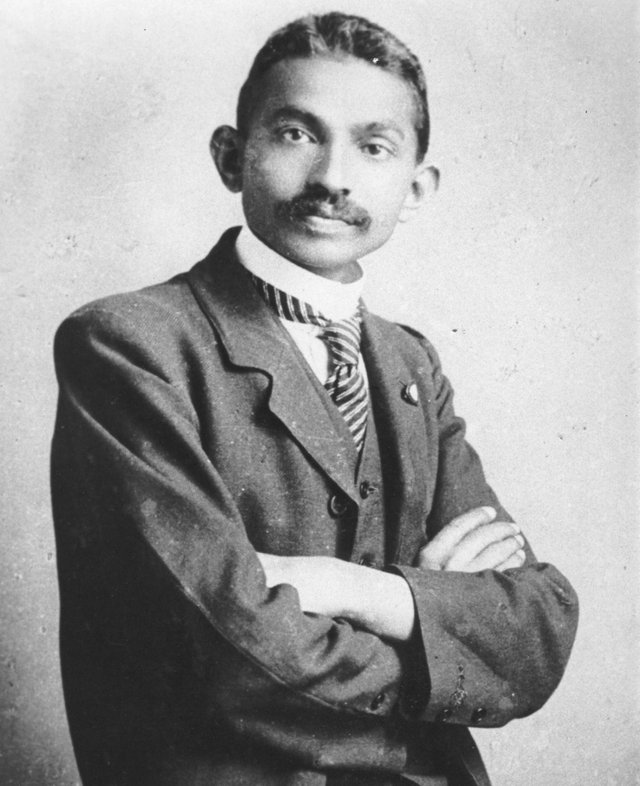
(Mahatma as a young barrister)
A remarkable aspect of Smuts was his incredible capacity for unrelenting hard work. To combine this with his towering intellect made him a formidable man despite coming from such a small colony in the British Empire.
Firstly, he was in charge of building the South African Defence Force against the German threat in the First World War. Being an ally of Britain was too much for many Afrikaner soldiers and they revolted. Smuts declared martial law and in the suppression of the revolt, two famous Boer generals were killed in combat, one who was his former mentor. This was a terrible tragedy. Then Prime Minister General Botha and Jan Smuts swiftly overcame the Kaiser’s soldiers in South West Africa in 1915. Afterwards Smuts was put in charge of the imperial forces in East Africa. A year later he was sent to England to represent South Africa in the Imperial Conference by the Prime Minister Botha.
When Smuts arrived in England, he was treated like a hero, he was one man who was able to provide the British with good news, accolades and honours were poured upon their former foe and now hero. The British Prime Minister, Lloyd George sent Smuts to the Western Front in France and Belgium to assess the situation. Smuts’ report so impressed the Prime Minister that Smuts was drafted into the War Cabinet as the seventh member. The work he did was prodigious, Lloyd George in his memoirs said that “Smuts more than anyone else, had the right to be called the Father of the Royal Air Force”.
Smuts was extremely concerned about treating Germany harshly after the war, he wrote a letter to the Prime Minister in January 1918, ten months before Armistice was signed in November 1918, that the defeated Germans must be treated generously. At the conclusion of the War in December 1918 he drafted a state paper that Britain entitled “The League of Nations, a practical suggestion”. When Woodrow Wilson, the American President, saw it he was impressed and used it.
Despite the international stature of Smuts, his party lost the election and Smuts became leader of the opposition for the next approximate 15 years until Germany invaded Poland in September 1939. The opposition returned to power under Smuts as the Prime Minister and declared war on Germany in 1939.

(after winning the vote to become PM and oppose Germany)
Again the military had to be rebuilt in South Africa, as Smuts foresaw the strategic importance of the shipping lanes around the southern tip of Africa.
The Second World War clearly marked the waning influence of the British Empire and the emergence of America and Russia. As the influence of Britain diminished, so too did the impact of Smuts. His thinking was still far in advance of America and Britain but he was the leader of an obscure country whose policies of white minority rule were becoming an embarrassment to the Commonwealth and other emerging countries such as India where Gandhi was still an opponent of Smuts.
Churchill and Smuts had great regard for each other. Smuts however was not intimidated by Churchill even though Churchill was such a dominating personality.
Towards the conclusion of the Second World War, Smuts again pleaded for leniency in the treatment of a defeated Germany. His objective was clear: Germany was to be a bulwark against Communist Russia.
Gandhi was an amazing human being and a courageous leader, to put it mildly. When Gandhi was in prison in South Africa for civil disobedience in the early 1900’s, he made a pair of sandals for Smuts. Smuts said that he had worn the sandals every summer since, even though he did not feel worthy to stand in the shoes of such a great man. On Gandhi’s 70th birthday, he sent a photograph of the sandals to Gandhi as a sign of his affection and respect.
Smuts died in 1950. Tributes poured in from around the world.
Yet today many regard him with distaste for the segregationist policies of his time. Ironically the Afrikaner Nationalist Governments succeeding him felt he did not do enough for the white voter. Of course the ANC regard him as one of the architects of Apartheid.
But to me he was a remarkable leader who led from the front, a man who made decisions even if unpopular. Even if history has treated him unkindly, would Smuts have followed a different course than the one he embarked on?
I think not.
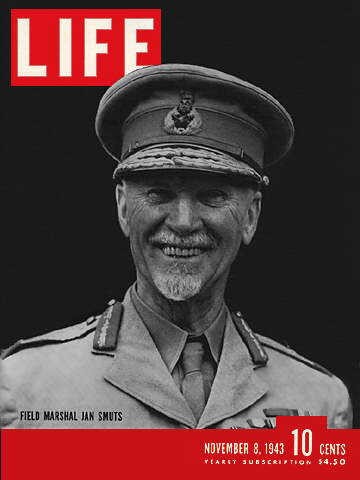
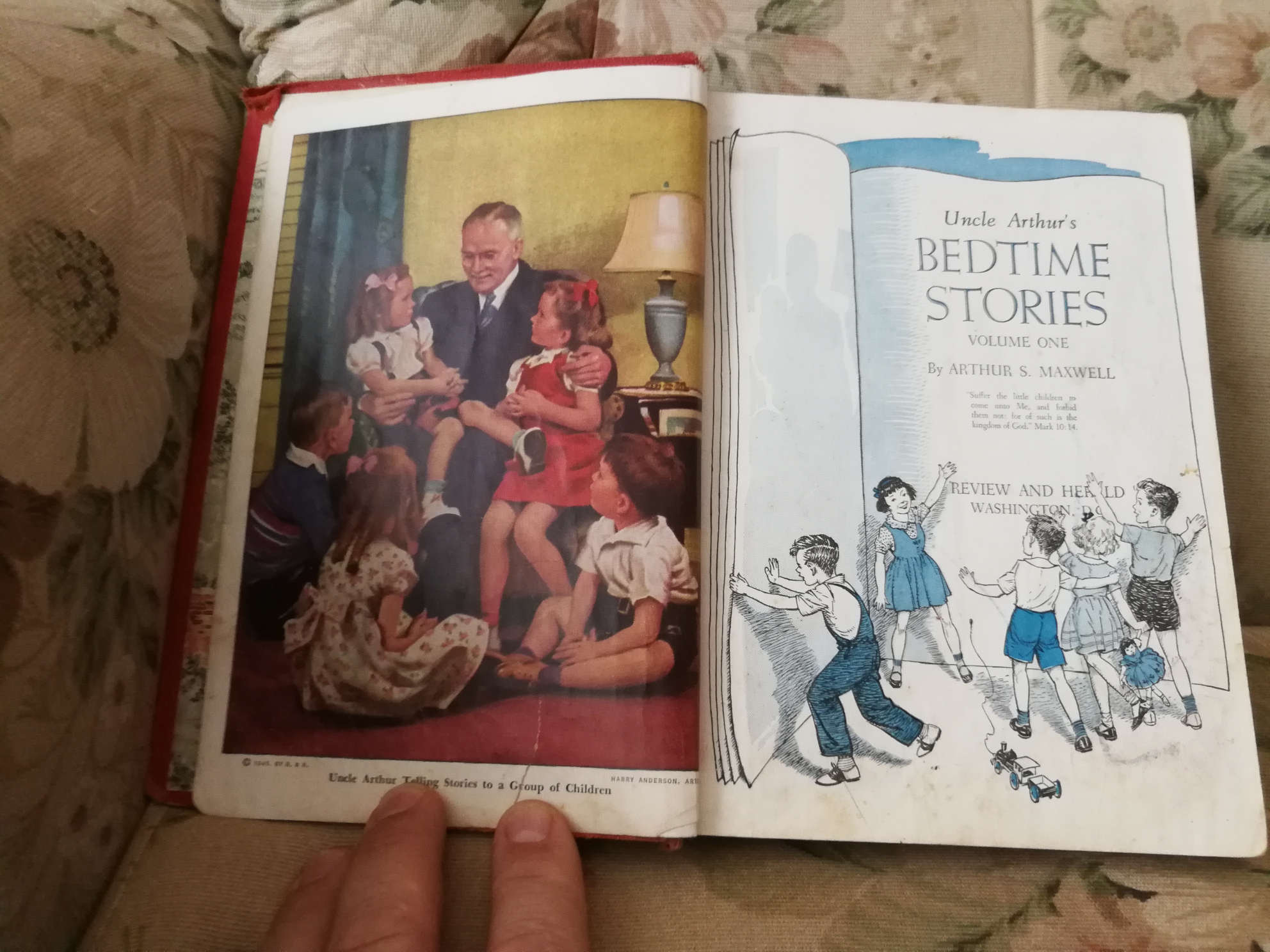
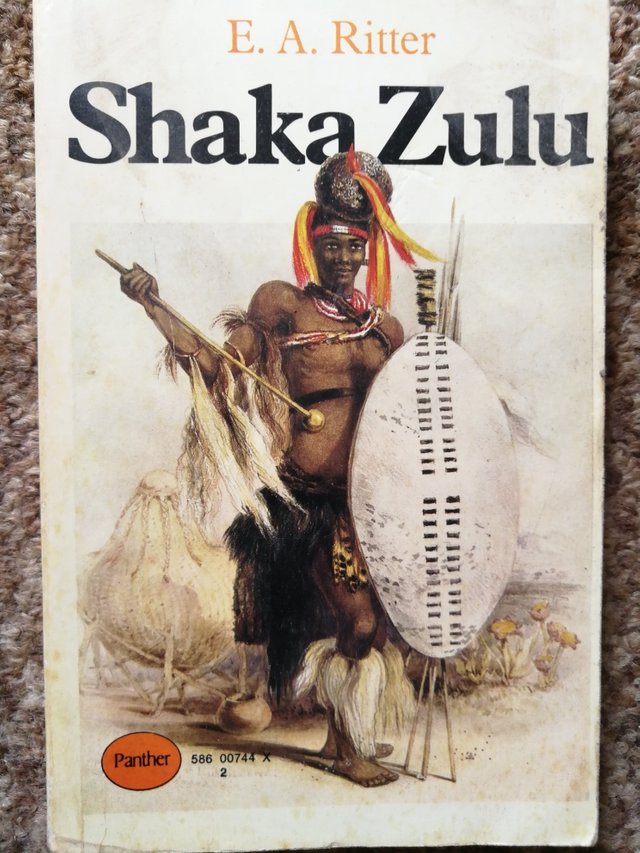
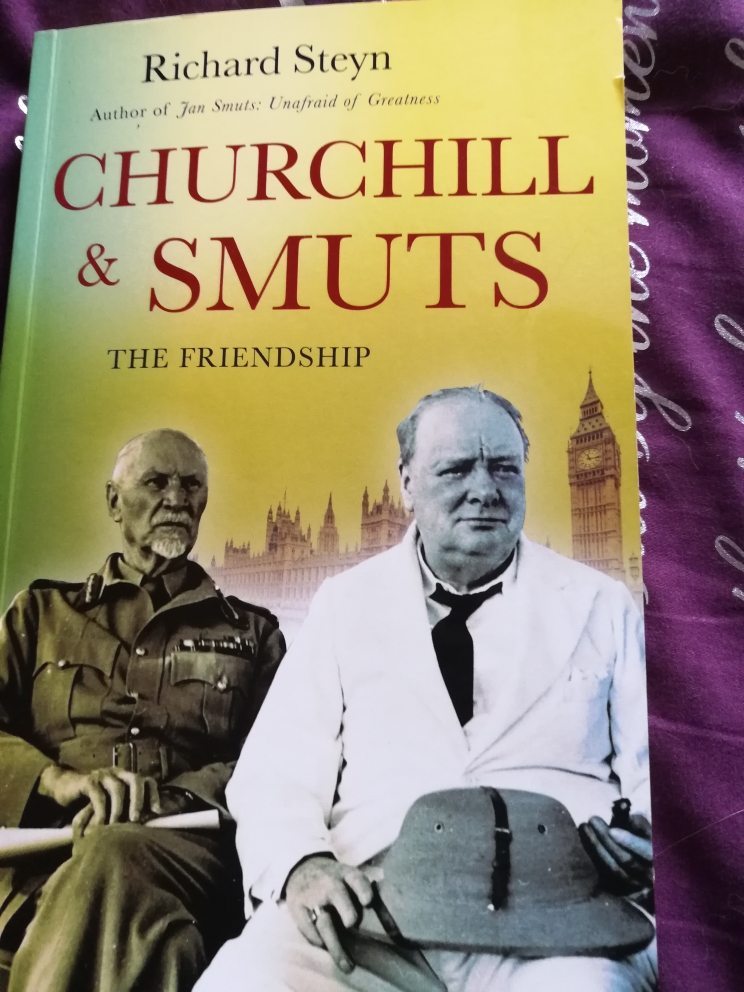



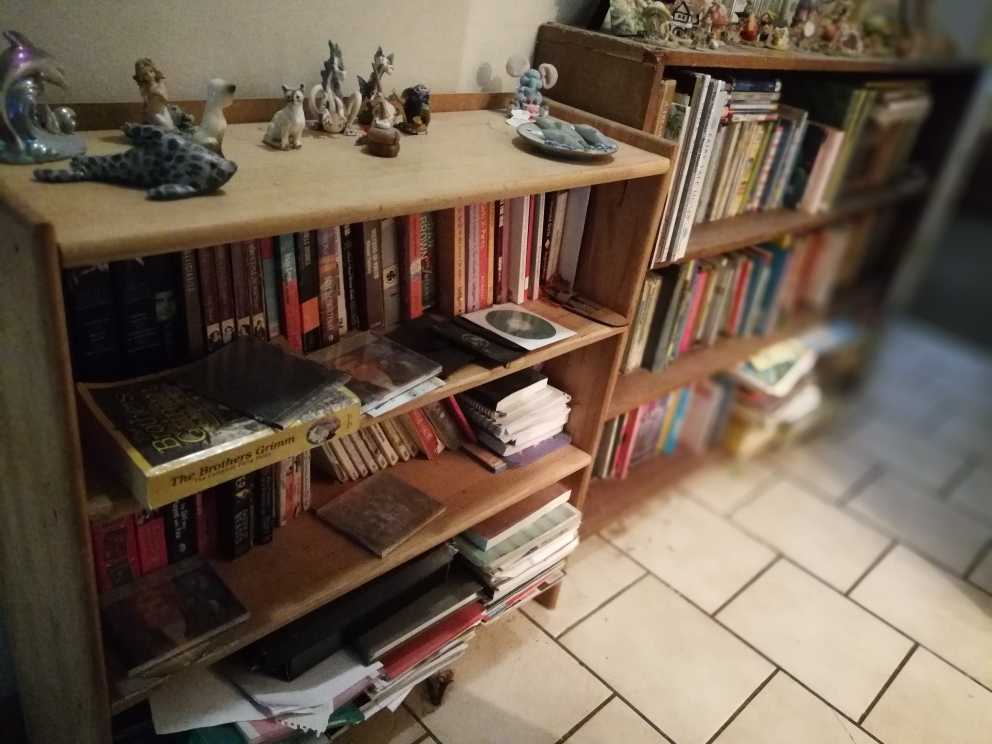

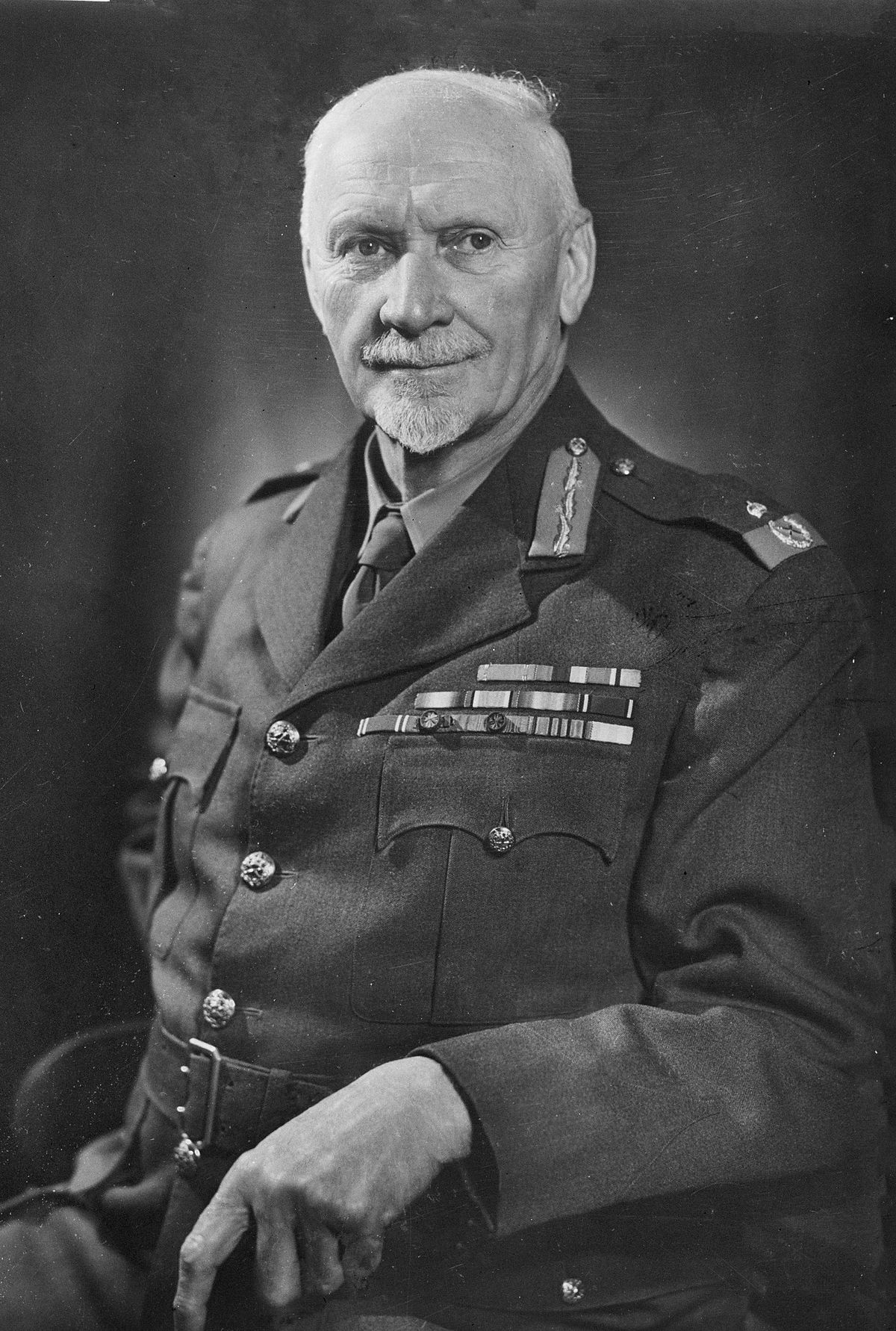
Exceptionally fascinating article sir @fred703. Through Jan Smoot, we go at school to really the senior classes. Also, for us who battled in the Second World War against Germany all the saints. Smets won the parliament and framed a legislature that announced war on Germany in September 1939. What's more, for me he an amazing pioneer. deserving of regard.
Thanks @fred703 for this beautiful piece. While it reminds others of their childhood, it rather leaves me with nostalgia. I am now close to 30, versed and immersed into sorts of books ranging from fictions to biographies, and others. I wished i had a childhood where stories will be read to me at night, where the habits of reading books wedged into the core of my entirety. A late comer i call myself comically to the world of reading, but no regrets.
I read your posts through and through.
Thanks @fred703
a story that deeply touched me @fred703, your story is reminiscent of when I was a child. While I'm going to bed, my mom always reads a story for me and always accompanies me at night until I fall asleep. But all that is just a memory for me, and until whenever I can never forget what my mother has given me. Thanks for sharing @fred703 and hope you have a wonderful day
great story of your dad and grandfather, very honest and kind. My grandfather was also interested in reading story books and history of old peoples.
Very interesting article. Through Jan Smoot, we passed at school to the senior classes. And for us who fought in the Second World War against Germany all the heroes. Smets won the parliament and formed a government that declared war on Germany in September 1939. And for me he an excellent leader. worthy of respect.
good post friends! very inspired about your story, we must love reading, reading will add insight, thank you friend have shared.
While reading your postings, relived the moment in my childhood, which always cherished by parents and always read the right stories to fall asleep,
Thank you @fred703 have reminded my memories of childhood in. ..
A wonderful post and Jan Smuts is a man who was a real man and left his great contribution to world history! Thank you @fred703
I must say, this is a worth-reading story which you shared here with compact manners. Well-explained :)
Old stories always touches your heart and the sweet memories especially related to oldest books. Keep it up!
great article sir... really liked your post... history is such a thing which we all should know about... thanks for sharing sir 👍
long read but an intresting one ...love reading and love your post ..appreaciate your passion fir reading ..keep it up